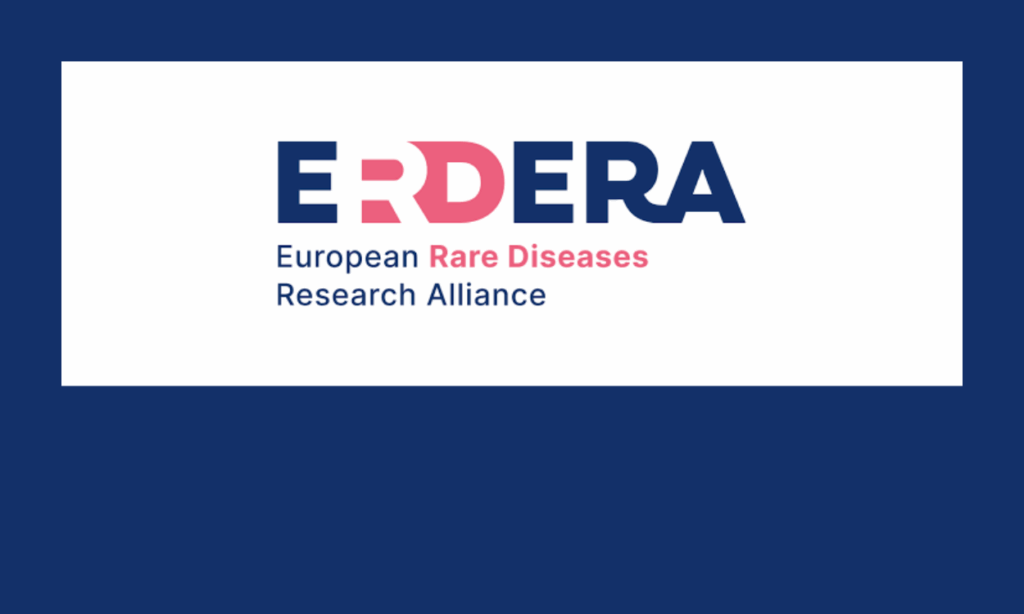ERDERA oznamuje spustenie spoločnej nadnárodnej výzvy na rok 2026, ktorá sa zameriava na diagnostiku komplexných zriedkavých ochorení pomocou pokročilých funkčných, genomických, multi-omických, modelovacích a AI riešení.
Cieľ výzvy:
Riešenie pretrvávajúcich diagnostických medzier v zriedkavých ochoreniach, podpora výskumu so zapojením sa pacientov a podpora nadnárodnej, interdisciplinárnej spolupráce, ktorá v konečnom dôsledku prospieva pacientom.
Dôležité termíny:
Vyhlásenie výzvy: 10. 12. 2025
Termín na predloženie predbežných návrhov: 12. februára 2026
Termín na predloženie kompletných návrhov: 8. júla 2026
Oznámenie rozhodnutí o financovaní návrhov: december 2026
Predsedníctvo SAV uznesením č. 623 zo dňa 23.5.2023 súhlasilo so zapojením SAV do tejto výzvy s finančnou podporou 1 projektu do maximálnej výšky 40 000 EUR/rok počas obdobia 3 rokov.

KONTAKTNÁ OSOBA:
Ing. Katarína Bibová
T:+ 421 2 57510 136




